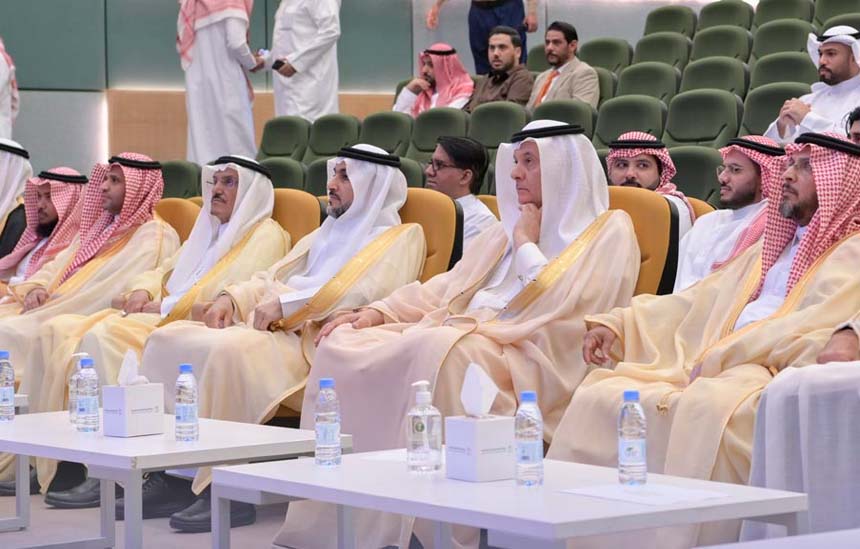His Excellency the Minister of Environment, Water and Agriculture, & Chairman of the Board of Directors of Saudi Water Partnership Company Eng. Abdulrahman bin Abdulmohsen AlFadley, signed today on March 10, 2024, the Project agreements of Al Haer Independent Sewage Treatment Plant Project, which will be located in Riyadh city. The treatment capacity of the Plant will be 200,000 m3/day. As a part of SWPC’s objectives to enhance the utilization of Treated Sewage Effluent, the project includes TSE re-use system consisting of 32 km transmission pipeline with a capacity of 400,000 m3, pumping station, and TSE reservoir tanks with a capacity of 200,000 m3.
Eng. Al-Fadley explained that the signing of these agreements helps in implementing the decisions of the Council of Ministers and achieving the goals and plans of the Ministry to showcase water production and wastewater treatment projects in the various regions of the Kingdom in front of investors.
In addition, it is an extension of the success of previous projects with the participation of the private sector in developing this vital sector and increasing its contribution to the Kingdom’s development. Whereas the allocation of these Projects under the Environment, Water, and Agriculture structure accomplishes the goals of the Kingdom’s 2030 vision.
On his part, the CEO of the Saudi Water Partnership Company, Eng. Khalid bin Zuwaid Al-Quraishi, indicated that Al Haer project comes as an extension of previous projects that have been completed with the participation of the private sector to treat wastewater, the project was issued to the investors in BOOT (Build, Own, Operate, and Transfer) model, and the commercial operation of the project will begin in the fourth quarter of 2026. Also, SWPC CEO indicated that the concession of the project will be 25 years, and will help in decreasing operating costs and increasing the percentage of local content in business and human resources.
It is noteworthy that this project comes as an extension of the privatization and partnership processes between the public and private sectors, in the environment, water, and agriculture sectors, after the signing of several previous projects for independent water production, wastewater treatment, strategic storage, and water transportation, under the goals of Vision 2030.

